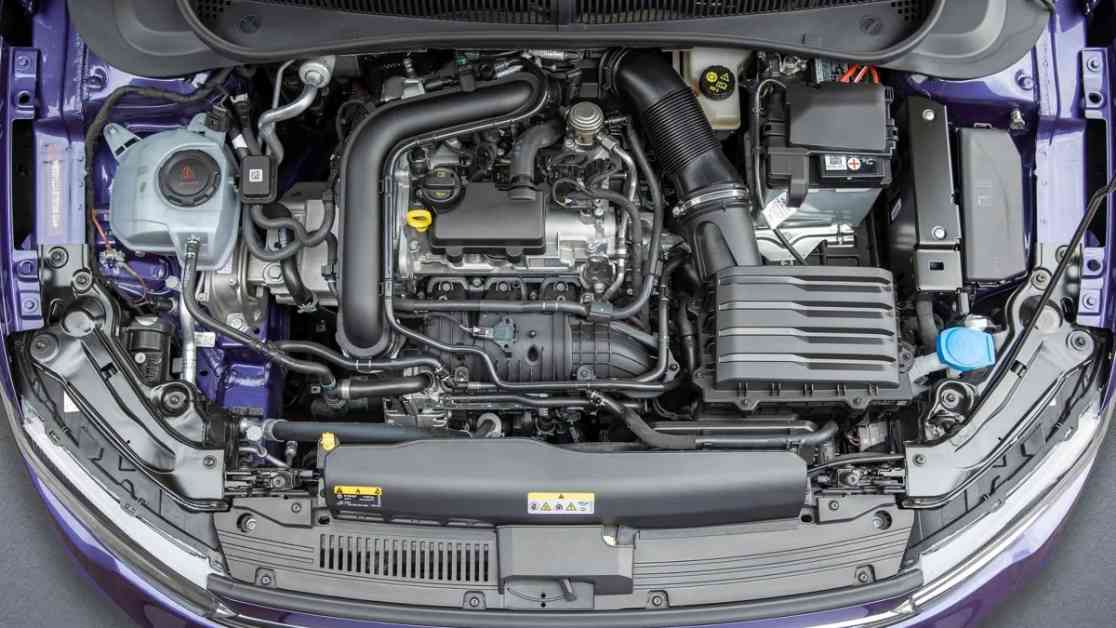In a major strategic shift, the German car manufacturer Volkswagen has announced an investment of 60 billion euros in the development of internal combustion engines, calling into question its initial transition to all-electric vehicles. This decision reflects the growing challenges facing the automotive industry in its race towards electrification.
An unexpected change of direction
2024 was supposed to mark the definitive takeoff of electric cars, but more and more signals indicate a change in direction. Volkswagen, one of the world’s largest car manufacturers, is making a major strategic turn by announcing a colossal investment of 60 billion euros in internal combustion engines.
This surprising decision comes at a time when the European automotive industry is facing a reality that is very different from its expectations. Not only has the electric vehicle market not experienced the expected take-off in 2024, but sales have even slowed down, prompting manufacturers to rethink their plans established a few years ago.
The challenges of electric transition
Driven by Brussels’ ambitious agenda, many manufacturers rushed to announce medium and long-term plans for a total conversion to electric vehicles. For example, Mercedes had stated that all its new models would be electric from 2030.
However, these long-term projections, influenced by a favorable political context, are now facing the market’s reality. The famous Euro 7 emissions standard, initially scheduled for 2025, has not only been postponed to 2027 but has also seen its requirements significantly reduced.
A widespread retreat
Volkswagen is not alone in this strategic shift. Other major players in the automotive industry have also lowered their ambitions:
– Mercedes admitted to having been « perhaps too optimistic » and will continue to produce internal combustion engines beyond 2030.
– Hyundai stated that it would continue to develop electric vehicles while maintaining a diverse range of powertrains.
– Ford no longer believes it can be fully electric in Europe by 2030.
– Luxury brands like Aston Martin will continue to manufacture internal combustion engine cars over the next decade.
The reasons for this change of direction
Volkswagen’s Group Chief Financial Officer and Operations, Arno Antliz, explained that this massive investment in internal combustion engines aims to « maintain the competitiveness of our combustion cars. » This decision marks a dramatic turnaround from the group’s previous announcements, which planned to manufacture and sell only electric cars in Europe from 2033.
Customer response has not lived up to expectations, forcing Wolfsburg’s executives to rethink their strategy. Of the 180 billion euros initially earmarked mainly for the new generation of electric models, one-third will now be allocated to internal combustion engines.
The uncertain future of synthetic fuels
While some brands within the Volkswagen Group, such as Porsche, have long been working on the development of synthetic fuels (e-fuels), Volkswagen CEO Thomas Schäfer had previously referred to the internal combustion engine as « outdated technology » and the debates around synthetic fuels as « meaningless noise. »
This stance contrasts with that of other group brands like Lamborghini and Bentley, who continue to explore alternative ways to use internal combustion engines, placing high hopes on carbon-neutral fuels.
Implications for the European automotive industry
This strategic shift by Volkswagen and other European manufacturers raises questions about the future of the continent’s automotive industry. Europe, the birthplace of the internal combustion engine, has long taught the world the art of building cars. But in this era of electrification, it risks falling behind Asian manufacturers, especially Chinese ones, who dominate the production of electronic components and batteries.
Volkswagen’s decision to invest heavily in internal combustion engines reflects the challenges facing European manufacturers: a slower-than-expected electric transition, fierce Asian competition, and the need to maintain their competitiveness in the global market.
This strategic shift marks a turning point in the history of European automotive and could redefine the balance of power in the global automotive industry in the years to come.

